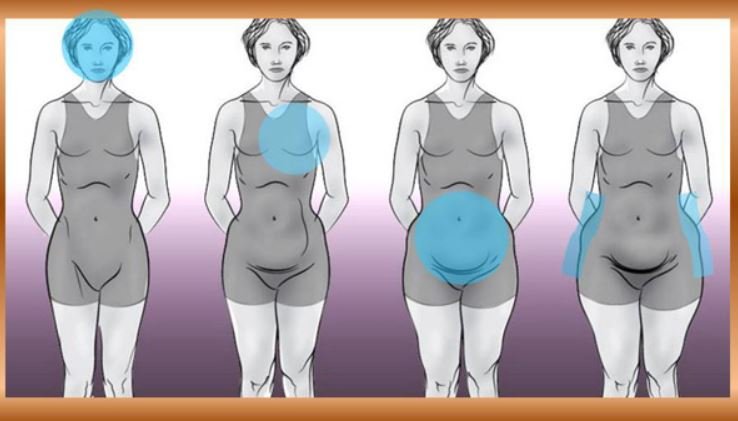Hormonal imbalances are complex health conditions that can significantly impact an individual’s overall well-being, affecting millions of people worldwide. These intricate disruptions in the body’s delicate hormone production and regulation can manifest through a wide range of symptoms that touch nearly every aspect of physical and mental health.
Understanding Hormonal Imbalances
The human endocrine system is a sophisticated network of glands that produce and distribute hormones throughout the body. When this system becomes disrupted, even subtle changes can trigger profound effects on metabolism, reproduction, mood, and overall physiological function. Hormonal imbalances occur when there’s either too much or too little of a particular hormone in the bloodstream.
Common Causes of Hormonal Imbalances
Multiple factors can contribute to hormonal disruptions:
- Genetic Predispositions: Some individuals have inherited tendencies toward hormone-related disorders
- Lifestyle Factors: Chronic stress, poor diet, lack of exercise, and inadequate sleep
- Environmental Influences: Exposure to endocrine-disrupting chemicals in everyday products
- Medical Conditions: Thyroid disorders, polycystic ovary syndrome (PCOS), and diabetes
Recognizing Symptoms of Hormonal Imbalance
Hormonal imbalances can present through a diverse array of symptoms that often overlap with other health conditions, making diagnosis challenging. Women typically experience more noticeable symptoms, but men are equally susceptible.
Physical Symptoms
- Unexplained weight gain or loss
- Persistent fatigue
- Muscle weakness
- Changes in skin condition, including acne and hyperpigmentation
- Hair loss or unusual hair growth
- Temperature sensitivity
Reproductive and Sexual Health Indicators
- Irregular menstrual cycles
- Reduced libido
- Fertility challenges
- Vaginal dryness
- Erectile dysfunction in men
Emotional and Mental Health Symptoms
- Mood swings
- Anxiety
- Depression
- Irritability
- Difficulty concentrating
- Disrupted sleep patterns
Diagnosis and Treatment Approaches
Accurate diagnosis of hormonal imbalances requires comprehensive medical evaluation. Healthcare professionals typically employ a multi-step approach:
- Detailed medical history assessment
- Physical examination
- Blood tests to measure hormone levels
- Potential additional diagnostic tests like ultrasounds or specialized screenings
Treatment Options
Treatment strategies are highly personalized and may include:
- Hormone Replacement Therapy (HRT): Restoring hormone levels through medication
- Lifestyle Modifications: Dietary changes, stress management, regular exercise
- Natural Supplements: Targeted nutritional interventions
- Medication: Addressing underlying medical conditions
Proactive Management Strategies
While hormonal imbalances can be challenging, proactive lifestyle choices can significantly mitigate risks:
- Maintain a balanced, nutrient-rich diet
- Engage in regular physical activity
- Manage stress through meditation or therapy
- Prioritize consistent, quality sleep
- Minimize exposure to endocrine-disrupting chemicals
- Regular health screenings and check-ups
Conclusion
Hormonal imbalances are complex health conditions that require comprehensive understanding and personalized approach. By recognizing symptoms early, seeking professional medical advice, and implementing holistic lifestyle strategies, individuals can effectively manage and potentially reverse hormonal disruptions.
Always consult healthcare professionals for personalized medical guidance, as each individual’s hormonal profile and health needs are unique.





